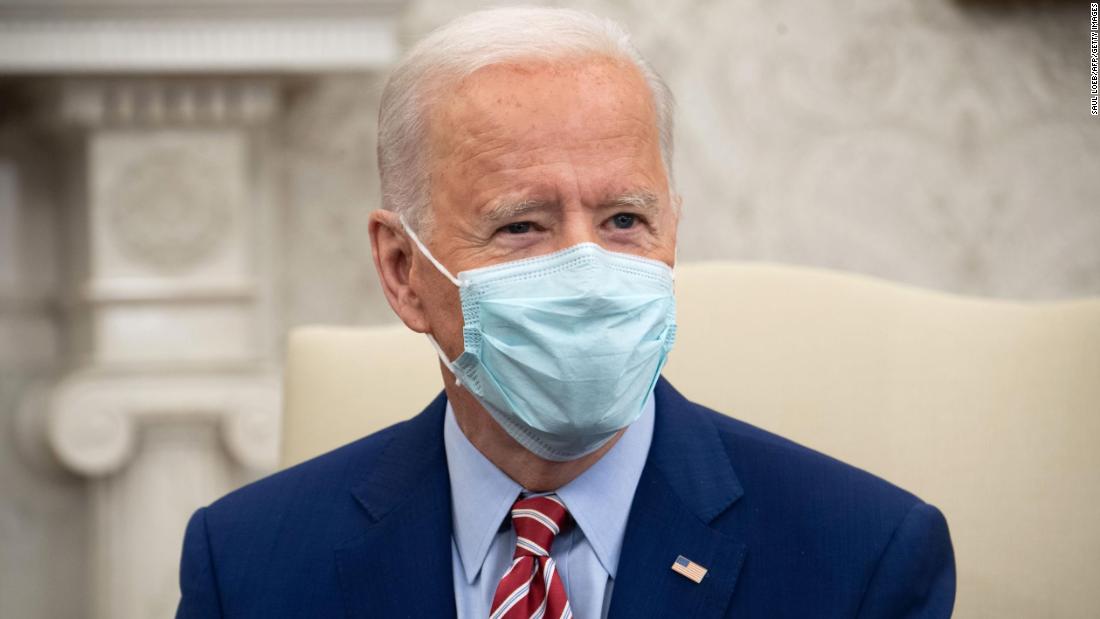It is his first meeting with leaders of the Group of Seven nations as president and represents a departure from the way former President Donald Trump is dealing with the pandemic and global relations.
It will focus specifically on areas that include “coordination in vaccine production, distribution and supplies, as well as continued efforts to mobilize and cooperate against the threat of emerging infectious diseases, strengthening the country’s capacity and establishing health security financing”, a White House statement released on Sunday night, he said.
When it comes to rebuilding an economy hard hit by the pandemic, Biden focuses on “the importance of all industrialized countries maintaining economic support for recovery,” the statement said.
The virtual meeting, organized by the United Kingdom, will also include leaders from Canada, France, Germany, Japan, the European Commission and the European Council.
British Prime Minister Boris Johnson said in a statement this weekend that he will use the virtual event to call for global cooperation in the battle against the coronavirus “common enemy”. Johnson will instruct leaders to “work together on a joint global approach to pandemics that puts an end to the nationalist and divisive policy that undermined the initial response to the coronavirus,” the statement said.
“Quantum leaps in science have given us the vaccines we need to end this pandemic forever. Now world governments have a responsibility to work together to put these vaccines to the best possible use. I hope that 2021 will be remembered as the year that humanity worked together like never before to defeat a common enemy, “said Johnson.
Biden’s pledge to coordinate with other governments in the pandemic and the global economy offers yet another break from Trump’s approach to foreign policy.
As the pandemic increased globally last May, Trump announced that he was postponing the summit, “because I don’t feel like a G7 that probably represents what’s going on in the world.”
Throughout his term, Trump publicly questioned and denigrated the value of America’s oldest alliances, including NATO, Germany, South Korea and Japan. The former president also withdrew the US from the nuclear deal with Iran, from the climate deal. Paris, the World Health Organization and a number of other United Nations agencies.
Biden placed special emphasis on the need to rebuild America’s moral position after four years of a president who rejected traditional alliances and increasingly despised democratic norms.
This story was updated with additional information on Sunday.
CNN’s Schams Elwazer, Nicole Gaouette, Jennifer Hansler and Kylie Atwood contributed to this report.
